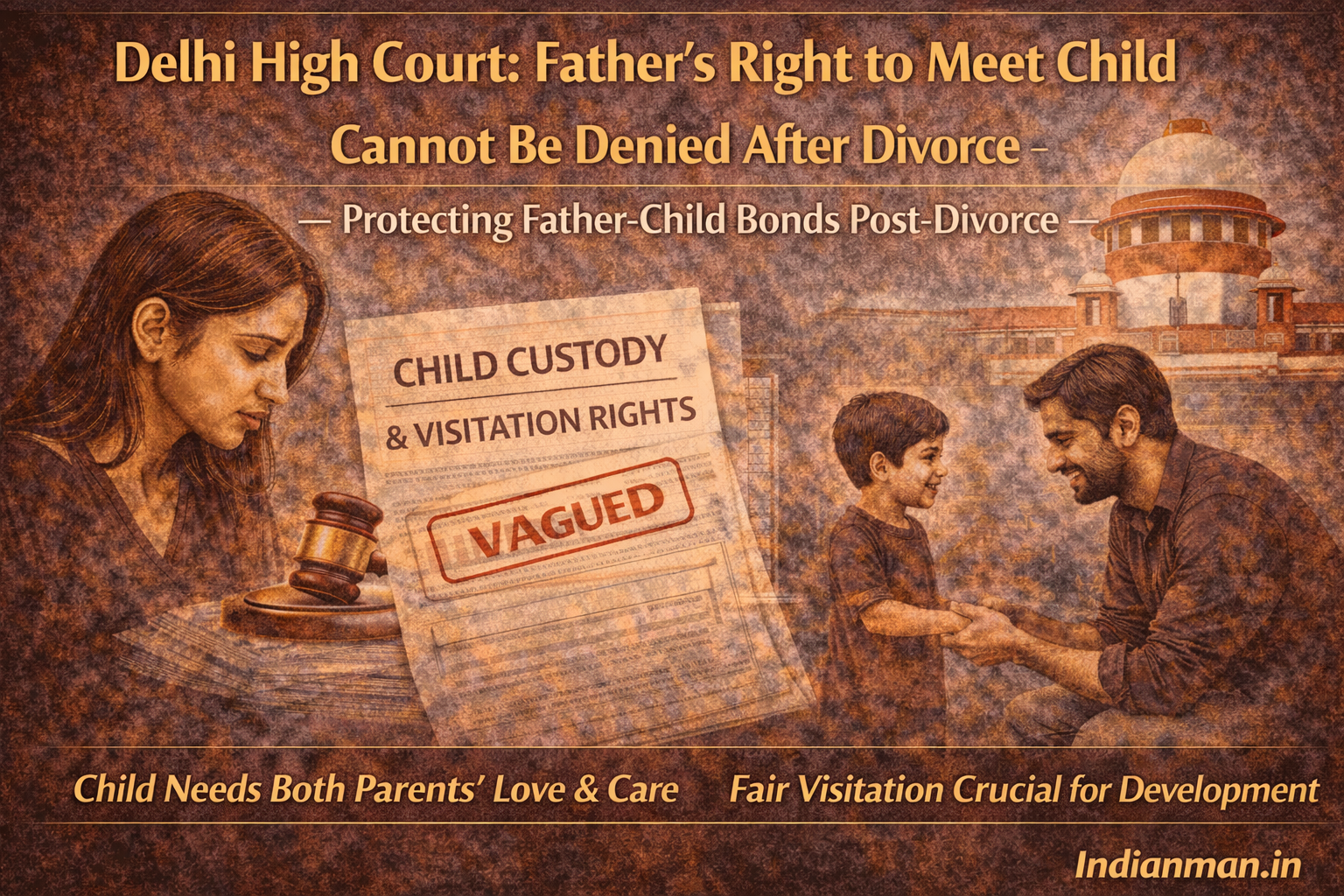“A Woman Can’t Be Thrown Out of Her House Just Because You Can’t Stand Her”: Supreme Court
On Monday, the Supreme Court ruled that a woman has the right to live in both her mother’s house and her in-laws’ house, emphasizing that no one can evict her simply because they can’t tolerate her presence.
Case Background
This decision came from a bench of Justices Ajay Rastogi and B V Nagarathna while dealing with a case where a woman appealed against a Bombay High Court order. The order had directed her and her husband to vacate her father-in-law’s house, where he sought exclusive residence under the Maintenance and Welfare of Parents and Senior Citizens Act.
The tribunal had ordered the woman to leave her father-in-law’s flat and directed her and her husband to pay Rs 25,000 monthly maintenance to the elderly couple. She challenged this order, citing her right of residence under the Protection of Women from Domestic Violence Act. The High Court had then ordered her husband to provide alternative accommodation for her and their two children but waived the maintenance liability.
Supreme Court’s Ruling
The Supreme Court listed her petition for hearing on Thursday and directed the Registry to provide video conference links to her parents-in-law. Justice Nagarathna stated, “A woman in a domestic relationship who has not been subjected to domestic violence still has the right to reside in a shared household. This includes mothers, daughters, sisters, wives, mothers-in-law, and daughters-in-law.”
She further added, “The right of residence for these women is guaranteed under Section 17(1) of the Act, and they cannot be evicted even without any form of domestic violence.”
Importance of the Ruling
The bench highlighted the significance of this right in the Indian context, noting that many women are neither educated nor financially independent, making them reliant on family for housing. Justice Nagarathna explained, “Most women in India lack independent income and financial capacity, depending entirely on their male or other female relatives.”
The bench concluded, “Sending away a woman just because you cannot stand her face will not be allowed by this court. This practice of evicting women from their matrimonial homes due to matrimonial disputes is damaging families.”
Be a part our social media community:
Facebook: https://www.facebook.com/IndianMan.in?mibextid=ZbWKwL
Instagram:
https://www.instagram.com/indianman.in?igsh=MWZ2N3N0ZmpwM3l3cw==



